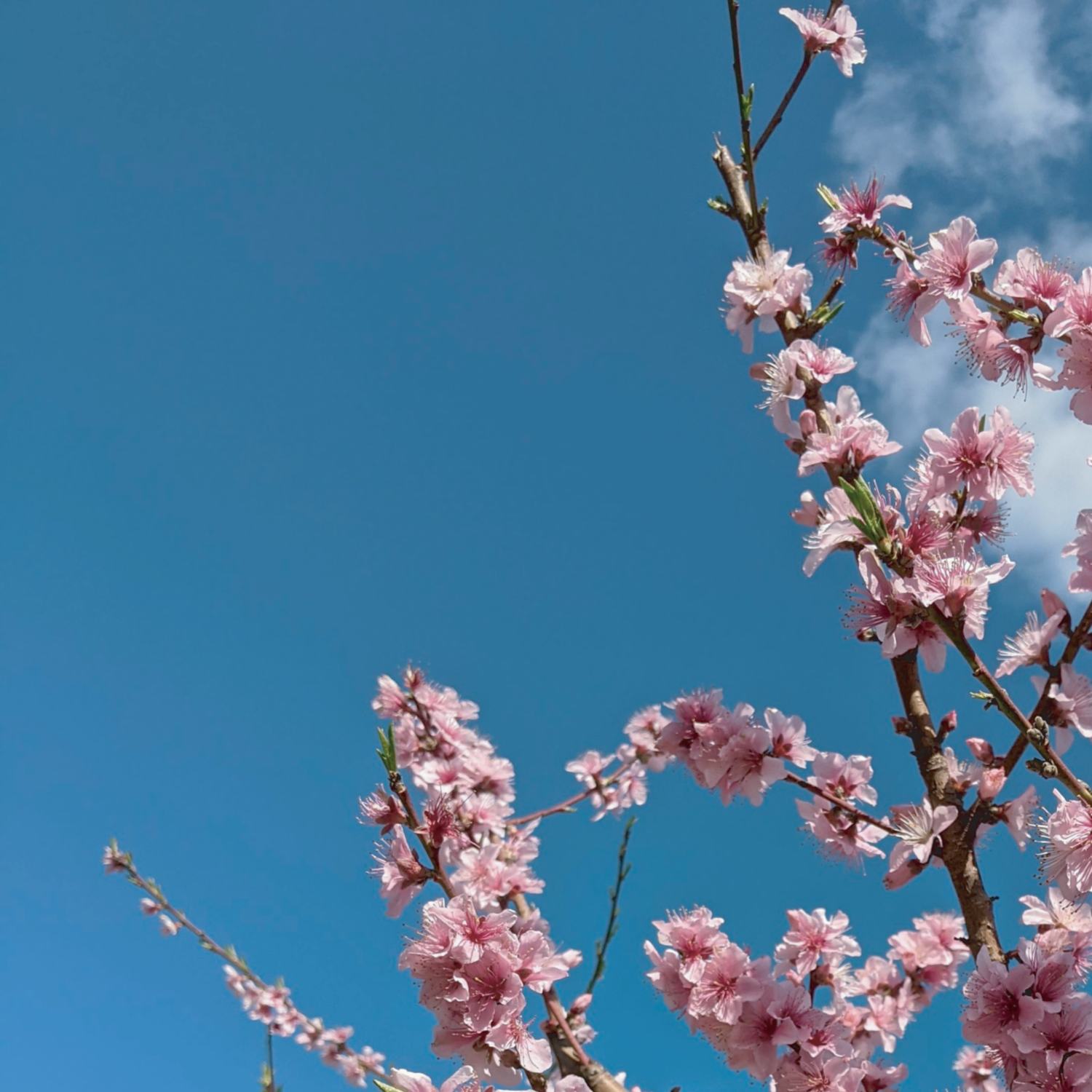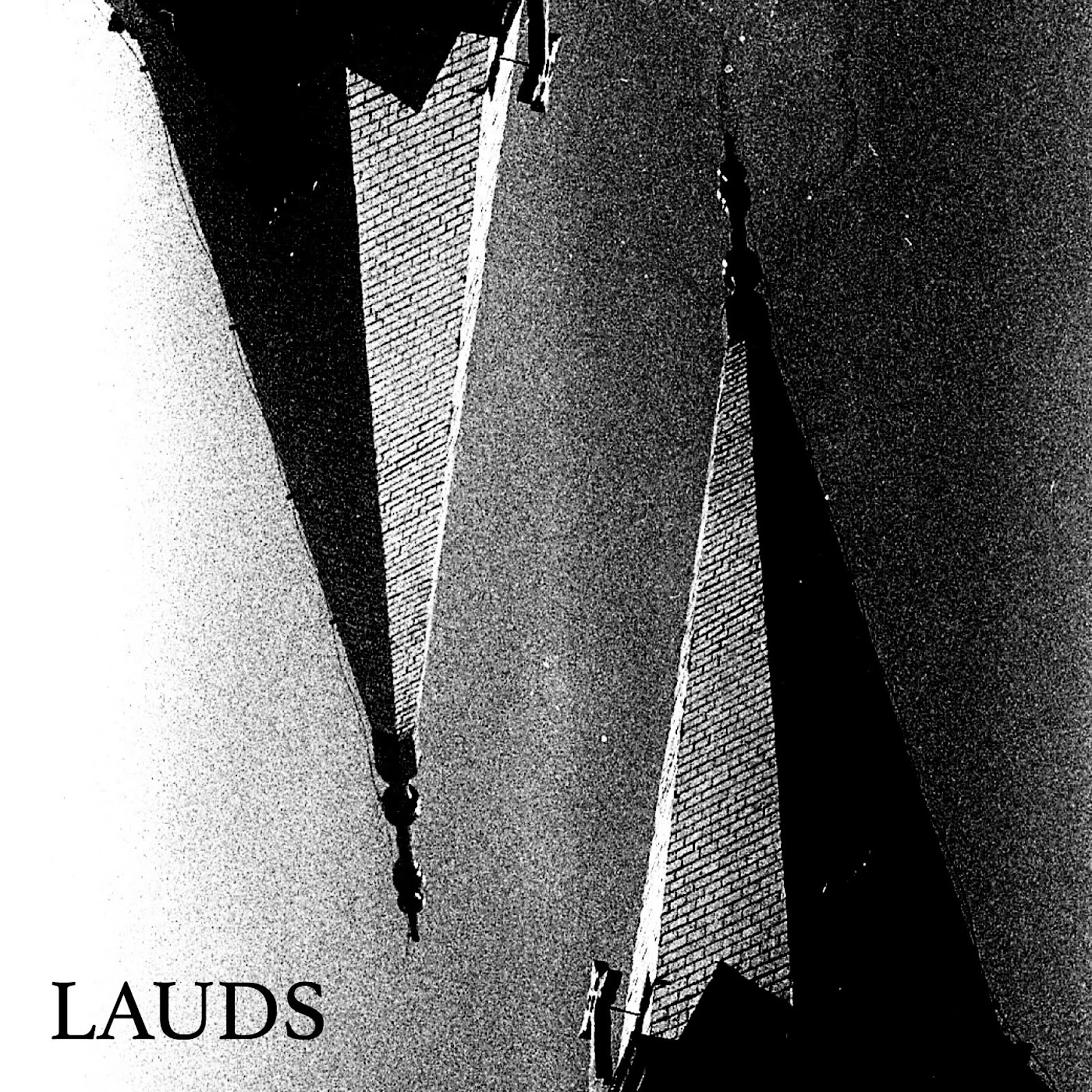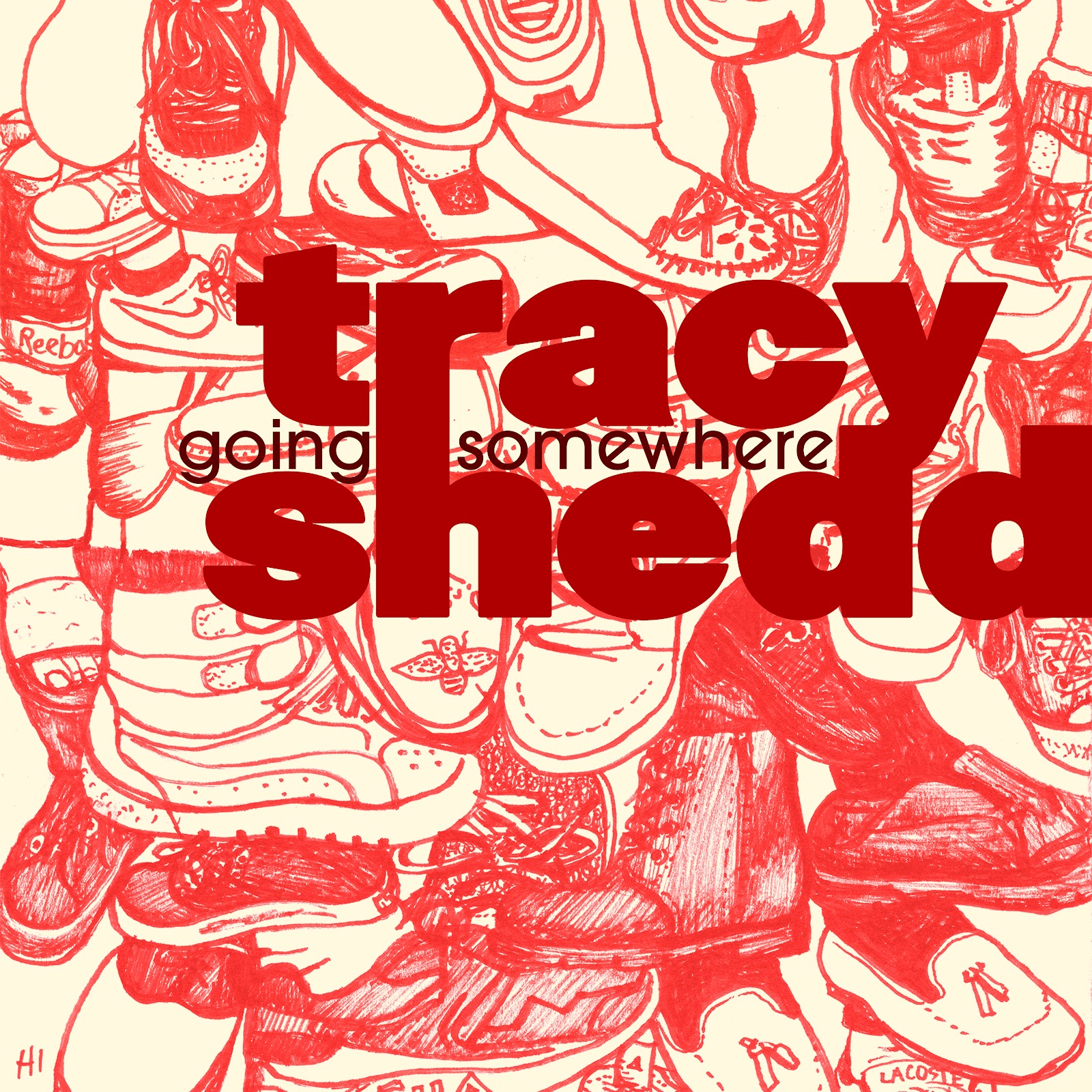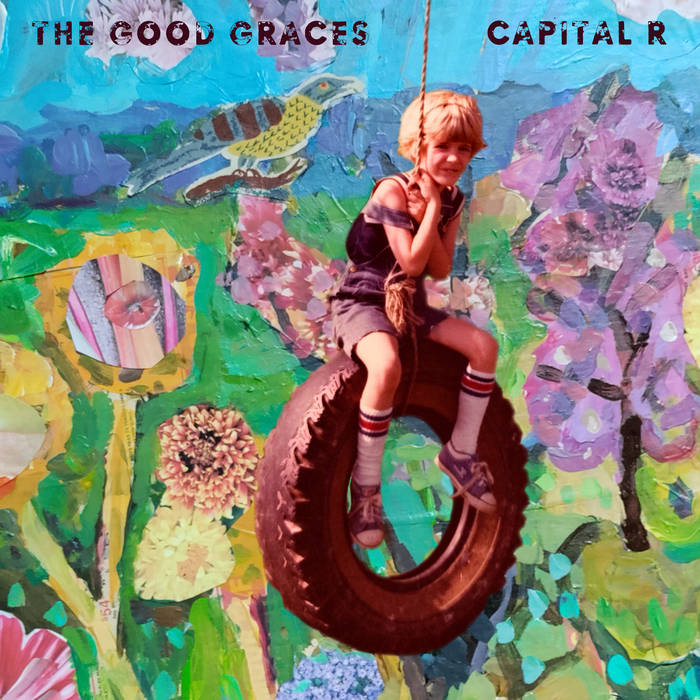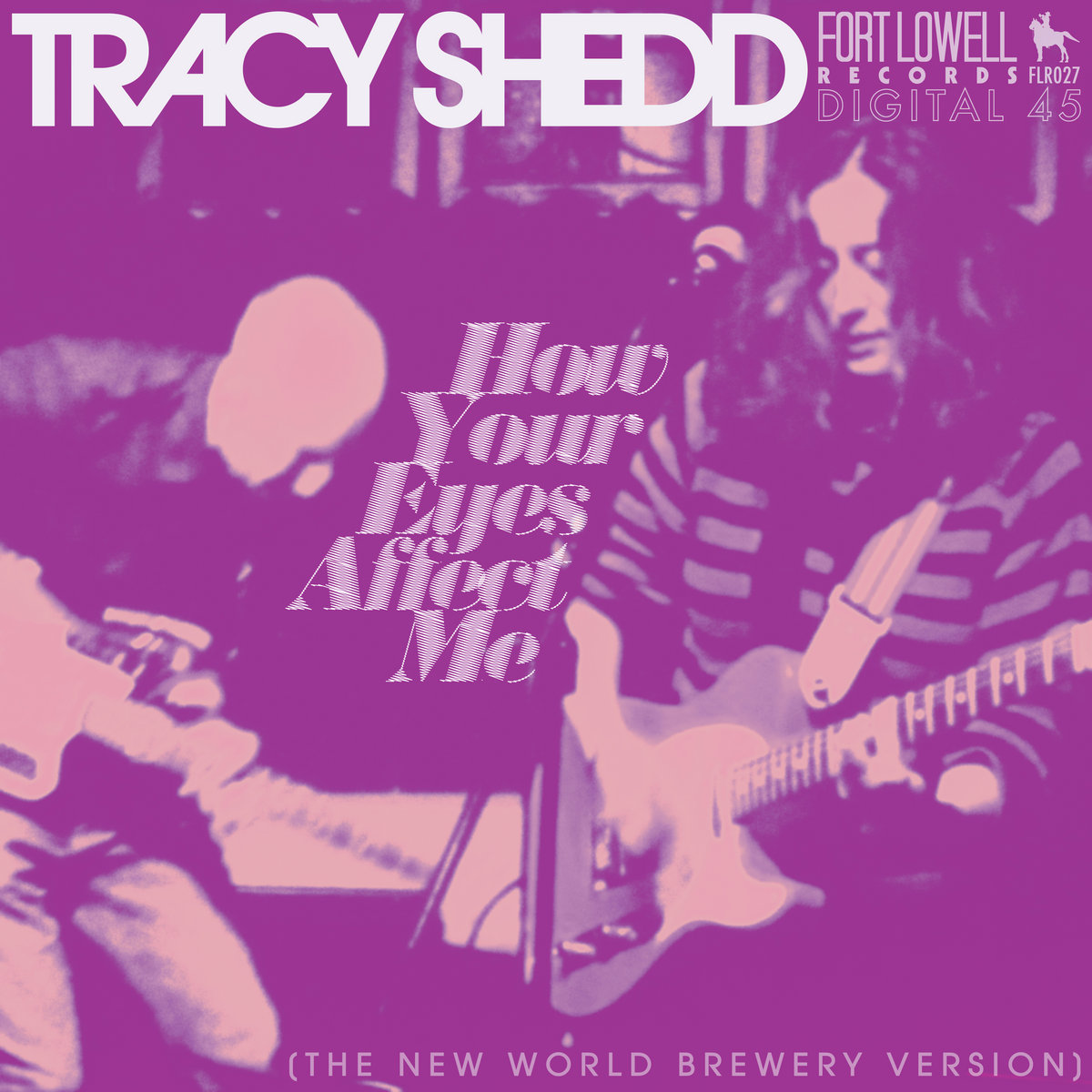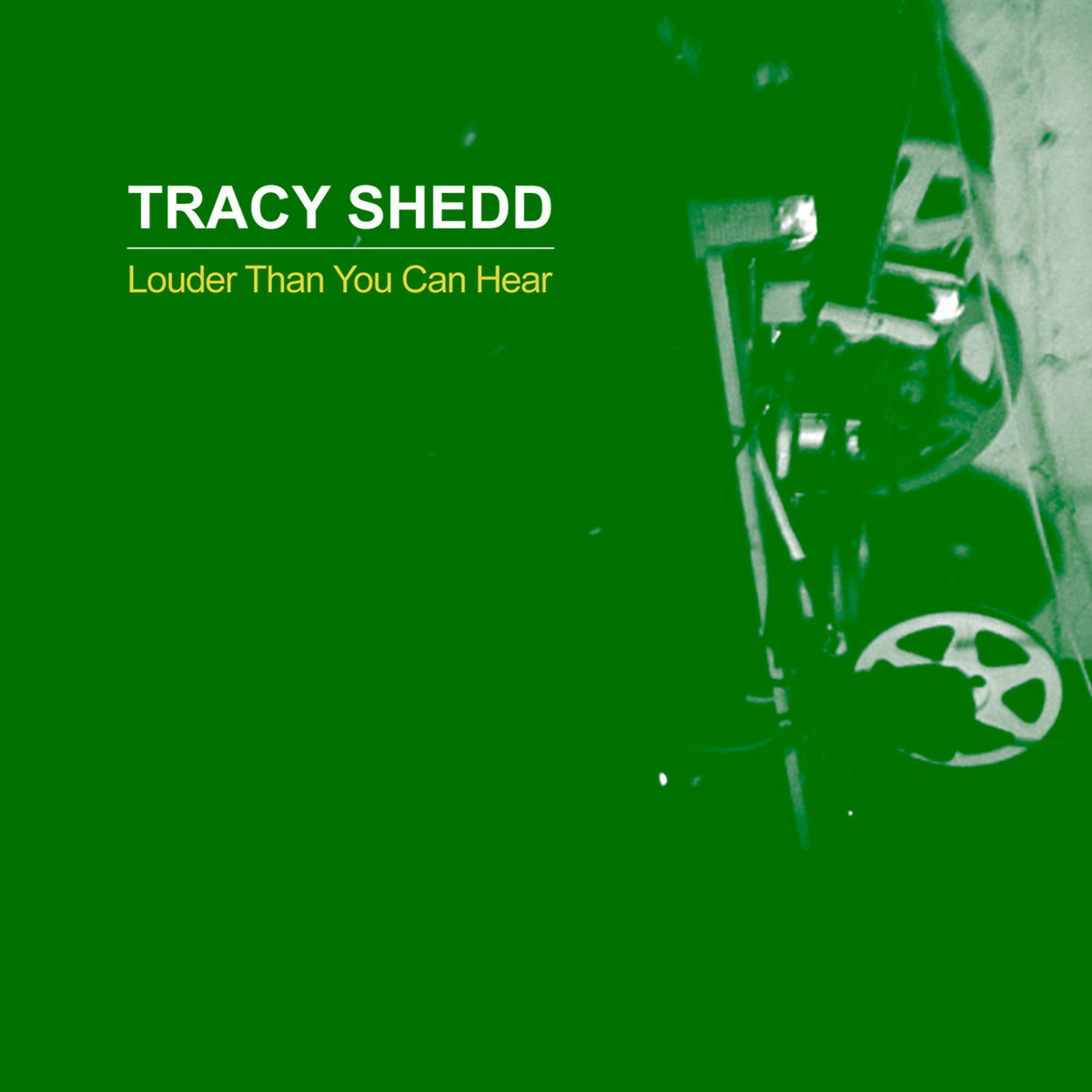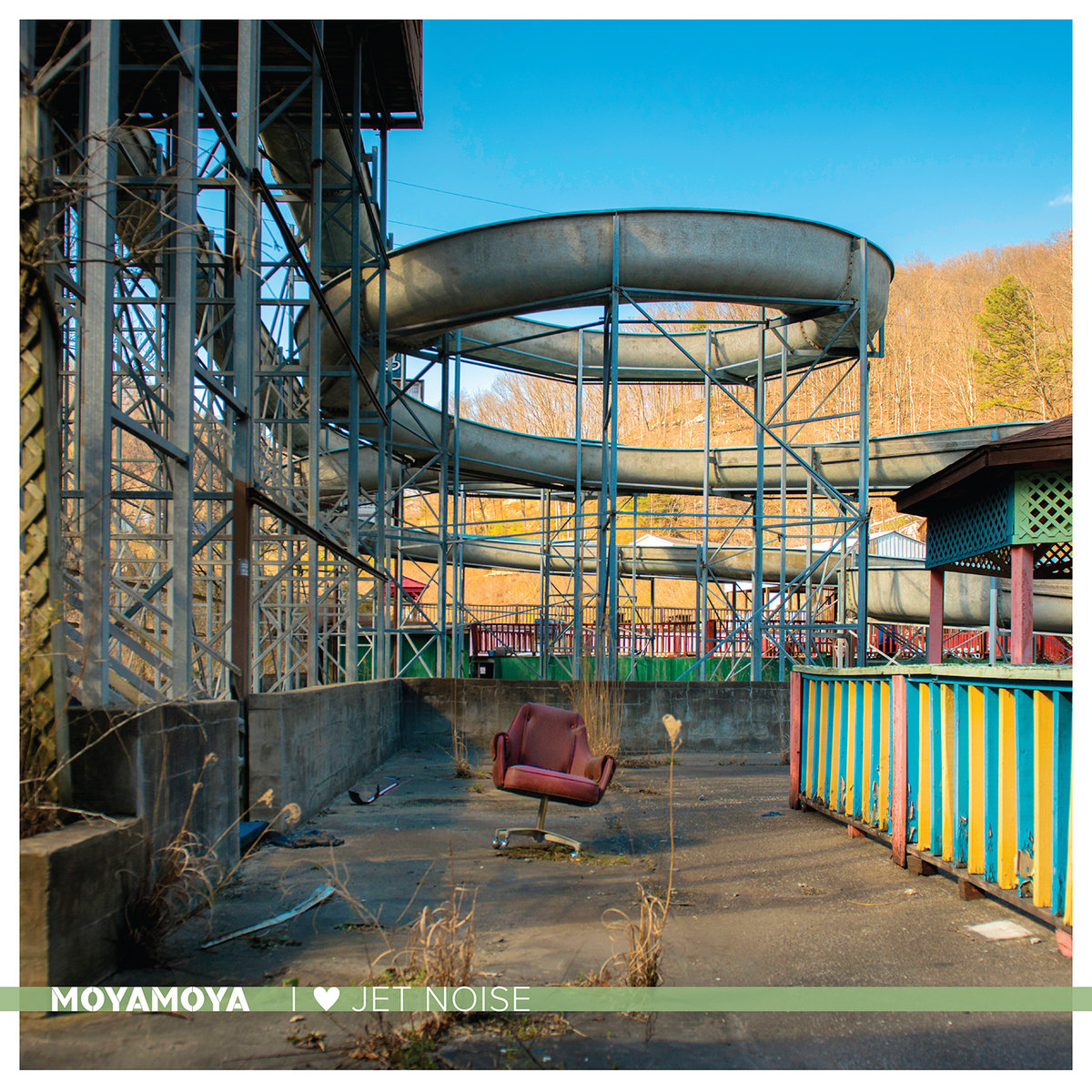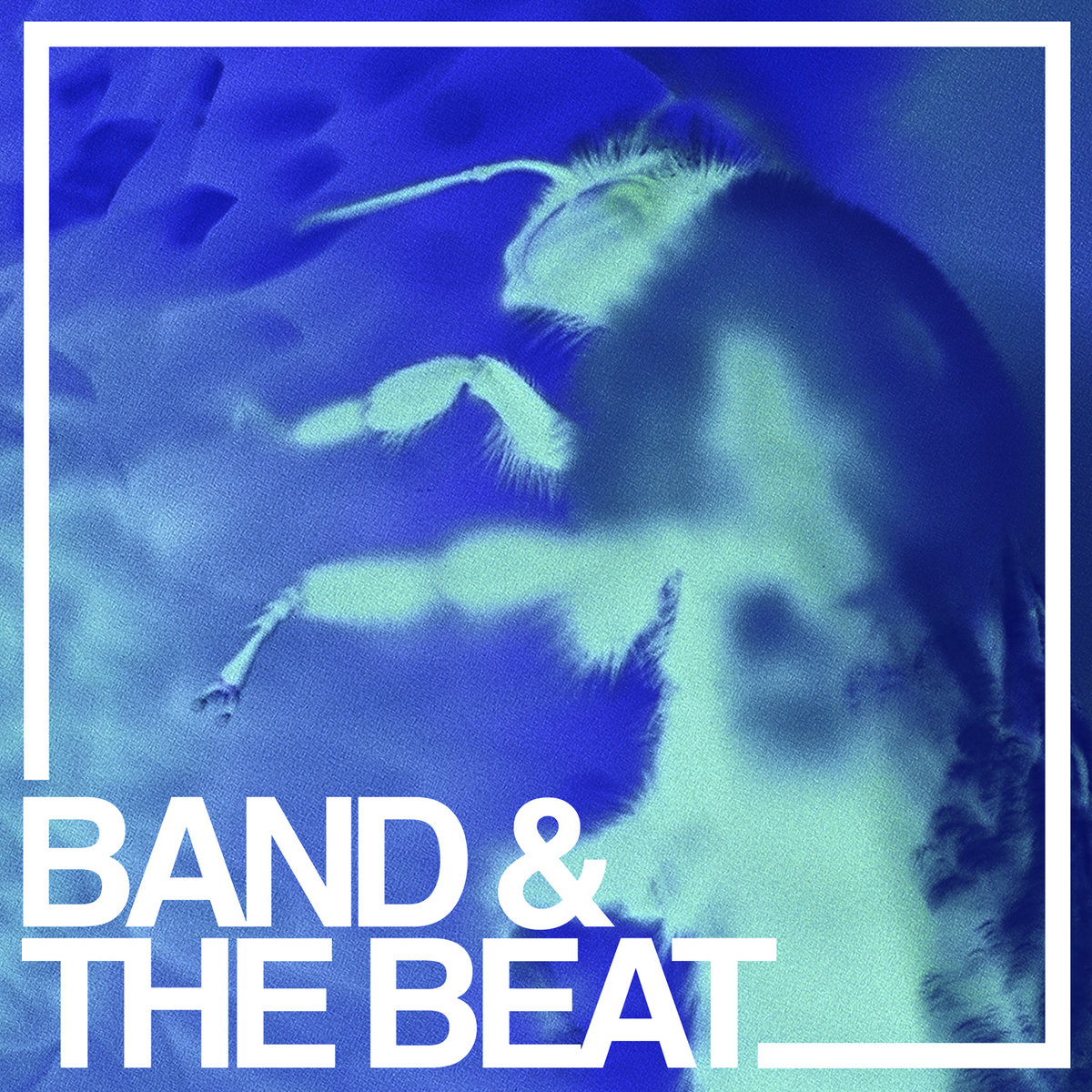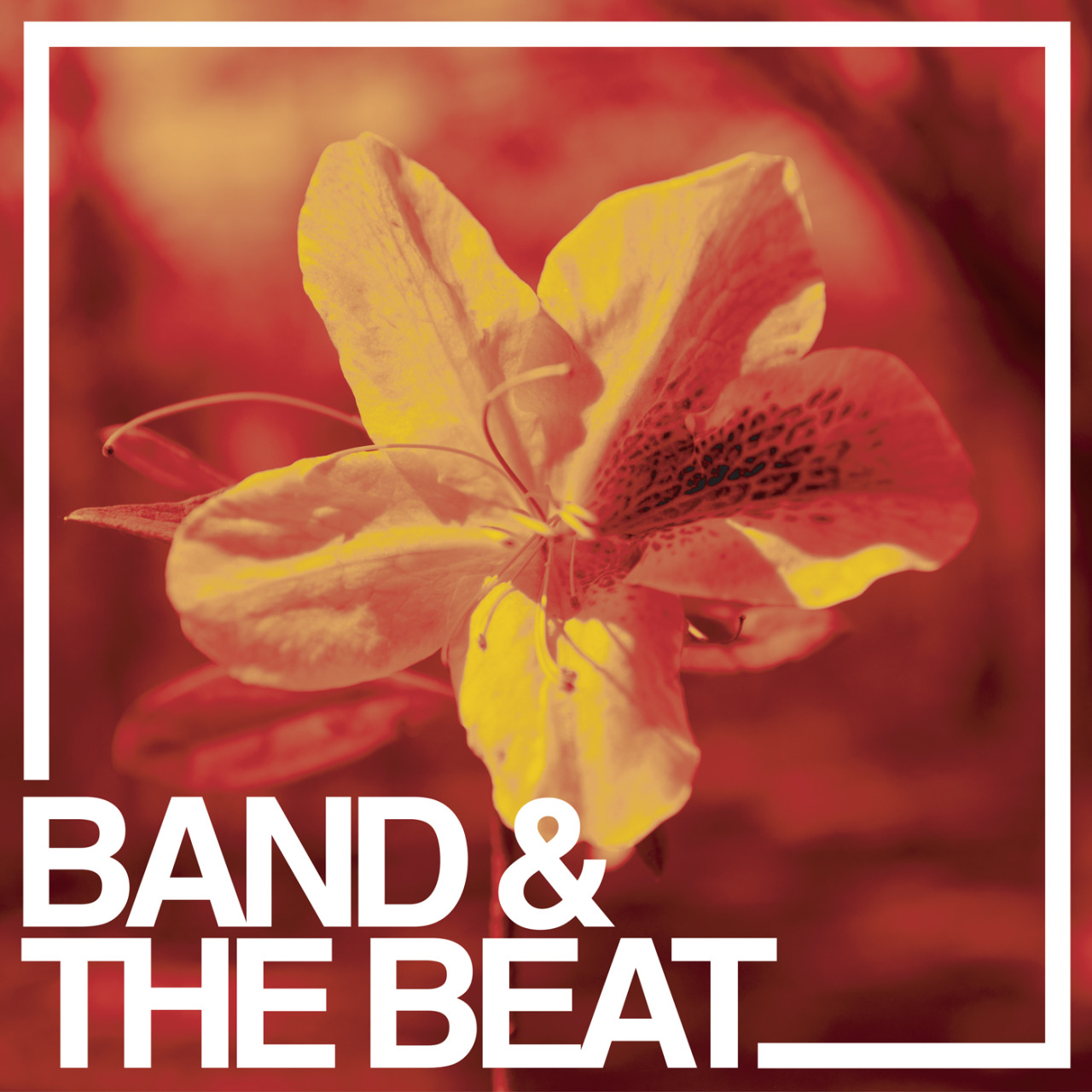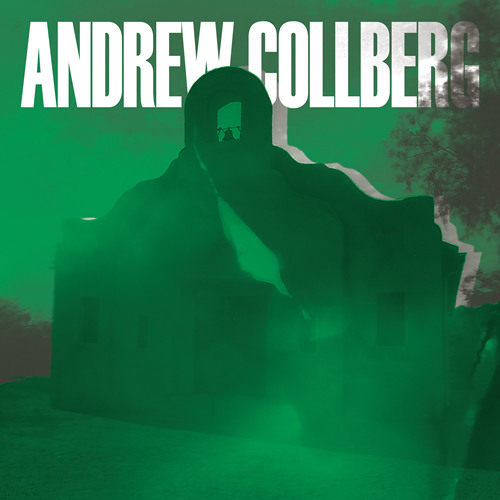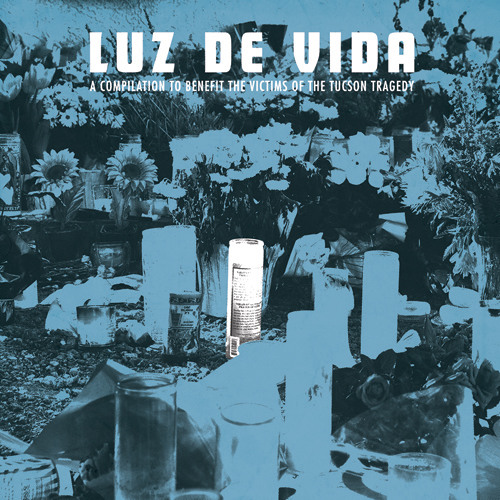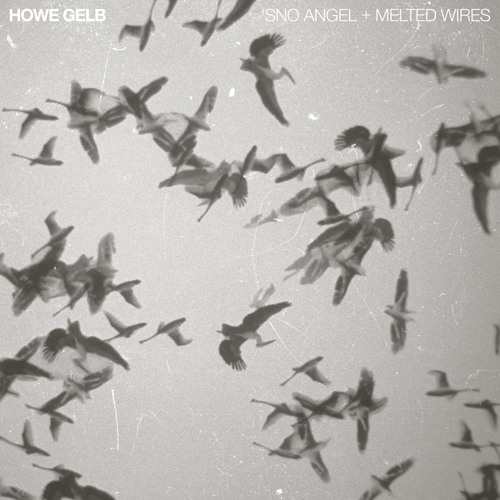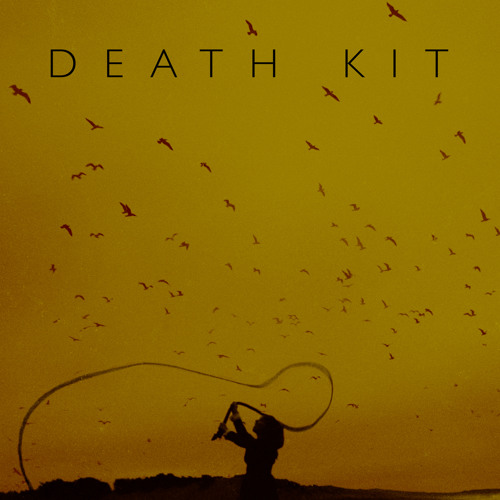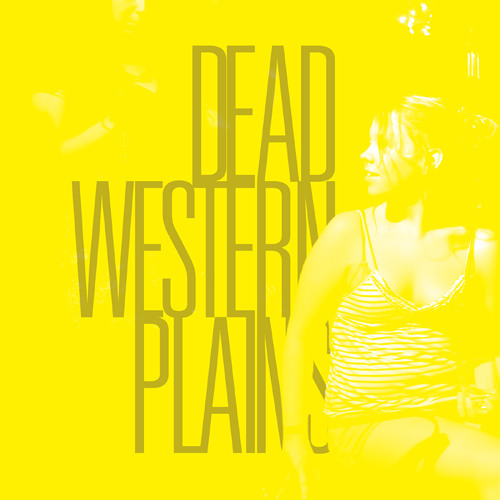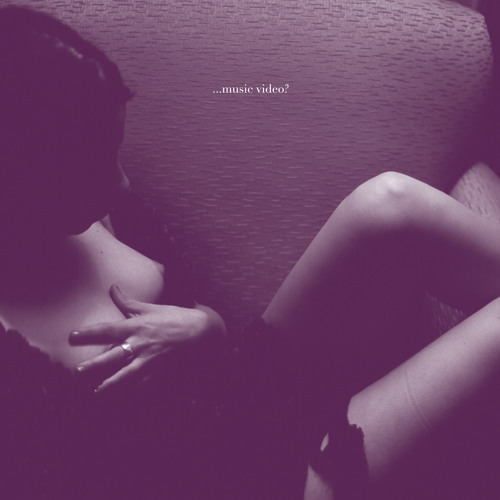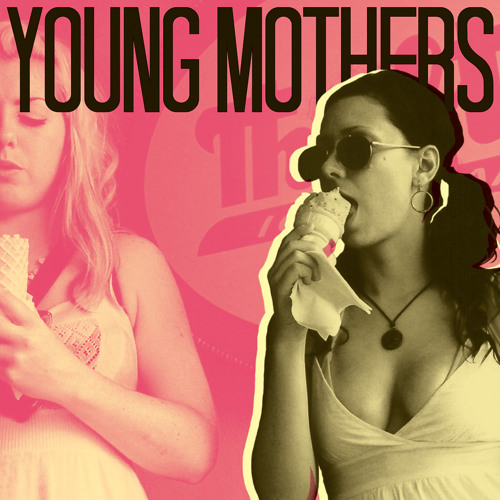[Repost from Laid Off New York; by Andrew Burton, September 24, 2021]
Lauds are a band from Wilmington, NC centered around three friends: J. Holt Evans, Boyce Evans, and McKay Glasgow. They released their first project, a self-titled EP, in late July on Fort Lowell Records. A mix of straight-ahead indie rock songs and longer, exploratory pieces, the tracks on Lauds are united by their hazy qualities. Staccato guitar lines interlock throughout, sounding restless or ethereal but never in between. The rhythm section, depending on the moment, is either trying to keep up with the guitars or sitting happily in the pocket, providing occasional accents. Vocals drop in and out, always blurred, always airy. In just 15 minutes, Lauds hit the sweet spot between dream pop, post-punk, and shoegaze.
I had the pleasure of conducting Lauds’ first ever interview, speaking with McKay, Holt, and Boyce together over the phone. We covered a lot of territory, discussing how the band formed, their songwriting process, and how they plan on performing these songs live. Birds, beaches, and The Cure came up too
Andrew: Could you tell us about Lauds’ origin story?
Holt: My dad has a little studio where he's been recording artists in Wilmington for about 10 years. One of them was McKay’s folk band, Tumbleweed. In January 2019, I was living in Charlotte but would come back periodically to my parent’s house in Wilmington, which is when McKay and I met in passing one day at the studio.
McKay: Holt’s dad has kind of given me a music education, slowly converting me into more of a rocker. Already I was wanting to write songs that weren’t strictly folk.
Holt: I think our first convo was about Zuma by Neil Young and what a great record that is. McKay had a few songs he wanted to record that were more spacey and atmospheric that didn’t fit with Tumbleweed’s style, and I’ve been sitting on a backlog of guitar music I’ve made through the years since college. We started hanging out and writing songs together. Boyce was the natural fit to start playing drums, and then we added one of our friends to play bass. That’s how Lauds took shape. We liked the songs we were writing so much and we liked the sound we were angling toward, and it took off. We played an early show in April which people liked, and we had a really good time. We’ve been all in on this project ever since.
How does the songwriting process work? Do you each bring individual songs to the table or is it more collaborative?
McKay: Both Holt and I had a number of demos from the past. Mine were just acoustic guitar with vocals; Holt had a lot of lo-fi, reverby stuff he recorded on his phone he played me that I could tell was good. We ended up moving in more of a dream-pop/shoegaze direction than my songs, but “Sandpiper” from the EP was one of the demos I sent Holt. It was a finger-picking acoustic guitar song we turned into a spacey, very sentimental, “Cure-on-the outro” rock song.
Basically, we had a number of songs, we rearranged them because of Holt’s ideas or my ideas. Holt wrote the song “Don’t Mind” and I was like “it needs a bridge,” but basically all those riffs were already the original ones. I don’t even know how long Holt had those.
Holt: The process varies song-to-song now, which I think is a good thing. If anything, we’ve become a lot more collaborative. We’re proud of the EP because it represents different avenues for us as songwriters. “Sandpiper” was a McKay song he was sitting on for a long time, “Never Was” was a song I was sitting on since probably my senior year of college.
Who sings and plays which instruments on each song on the EP, and how are they going to come together live?
McKay: [Laughs] We’re hoping they do come together live because we have quite a few shows coming up.
Boyce: To be determined. I’ve moved to third guitar to cover some of that and we’ve recently added Ross Page [of Color Temperature and Seeking Madras] to the band to play drums.
McKay: Our good buddy, who’s probably the most overall talented artist in town…
Holt: Shoutout to Ross Page.
McKay: Yeah, Ross Page is the man. I kind of said, “I’m not going to play in a band without Ross Page.” He plays drums in Tumbleweed and now he plays drums in Lauds. We’ve got him, Boyce, and Holt’s friend Gavin Campbell on bass. That’s what our live show is: me and Holt playing interlocking riffs or me playing rhythm and Holt playing lead, and then Boyce going in between.
Holt: Regarding who is doing the majority of what, it really depends on the song and how it’s written. McKay is kinda obviously the singer and frontman of the band, but it just depends on what the song calls for. All of us can jump in and do background vocals. “Never Was” is a song I wrote that I always wanted to sing, but McKay and I actually sang that in unison in the studio to round out the timbre of the vocals. We’re fortunate too that all three of us can play guitar, bass, and sing to varying degrees, and then Boyce and I can drum. I’m sure McKay could drum if he tried to.
McKay: [Laughs] I’m staying away.
On the EP, the instrumental quality of the vocals seems more important than the lyrics. They’re smothered in reverb like the guitars. How much does it matter what you say versus how it sounds?
McKay: That’s an important question within the band itself. [All laugh]. Because I’ve played in folk bands, I always think it’s not that lyrics need to have a literal meaning, but they need to convey something. We’re all about conveying the emotion of the song. The lyrics have definitely taken a back seat to that in Lauds, but I think we all agree that’s what our music is about. I spend a lot of time writing lyrics and making sure they feel right, and I know Holt does the same. Sometimes we argue about lyrics, sometimes we don’t.
Holt: Boyce ends up being a really good third party mediator whenever McKay and I have different opinions.
McKay: Coming up with song titles is our biggest difficulty. Probably the most important lyric is the title because people aren’t necessarily going to read the lyrics. But if they do, we want to give them something good to listen to that can be congruent with the sound of the music and what the song is about.
Holt: McKay can really take a topic. “Sandpiper” is a song about McKay living in this neighborhood that has a dock that he is able to use and spend tranquil time there.
McKay: Yeah, it’s about that place. It’s about growing up on the Cape Fear River. I ended up moving back there when I was in grad school. It’s not directly about sandpipers, which are the birds that hang out on the shoreline, but it’s about that kind of place. Writing a song about a small part of a place or a relationship you’ve thought about―that’s how I think.
Holt: All my lyrics are pretty much straight-up stream of consciousness. The actual words themselves are important, too, but I’m more into the syllables and melody.
The first two singles you guys self-released—“Don’t Mind” in 2019 and “Consolation” in 2020―have a cleaner sound than the new songs. Was there a conscious decision to make this EP sound rougher?
Holt: We wanted to make it a little bit murkier. Not so much meddling with the fidelity, but on songs like “Wait Forever” you hear some guitars kind of clinging around in the background. We are big fans of bands where the production is almost like another instrument. When you listen to Closer or Unknown Pleasures, you really get this sense of atmosphere in a small place. We tried to evoke a similar space with these songs. “Don’t Mind” was bright, summery, and optimistic. To convey those emotions, we wanted to make sure everything was really crisp.
McKay: The music is very melodic, so we don’t want to make it go too far in that direction. That’s not who we are. In the scene we’re in, we look really clean cut and want to muddy the waters a bit more.
Holt: Some of my idols from a guitar-texture standpoint are bands like Iceage and Preoccupations; Pornography by The Cure is one of my favorite records. I don’t think I can quite get these guys on the same page with me about that, but I’m trying. Disintegration is an album we all cherish. I think if we didn’t consciously try to break out of the confines of playing clean, melodic lines, we could end up just doing that for all our songs.
McKay: We’ve jokingly called it mid-fi. It has lo-fi production, but it has this more upbeat kind of sound. “Don’t Mind” was from a happier time, too.
Holt: Yeah, it was a really “boys of summer” type period; we had a lot of fun nights on the town. We still have a few of those, but maybe not as many, for a variety of reasons. One thing that these guys are probably so sick of me for is talking about not wanting everything to be on the nose. They’ll ask me, “well, what do you want it to sound like?” and I’ll be like “I don’t know, that’s just too on the nose for that idea.”
When you’re assembling a full record where you have forty-two minutes or so, you definitely want to establish a flow, but on an EP like this, there are only four tracks. Was there a lot of thought about how the songs worked together or which order they went in?
McKay: We had three songs―“Wasted Hours,” “Never Was,” and “Sandpiper”―and decided to start with a fast song. “Wait Forever” was the last one we finished recording for the EP. It gave us another fast, upbeat, rocky, post-punk kind of song. We decided it would make sense to throw it in the middle.
Holt: We always thought of “Sandpiper” as a show-closer or record-closer, given that…
Boyce: It’s as close to a bell as our music gets.
Holt: It has those two big parts, a spacey middle part, and a grand outro with keyboard, strings, and all that good stuff.
McKay: It definitely took the most work. The drums in the end went in so many different directions, and then we had to figure out what to do with the background vocals.
Holt: It took a lot of walks around my parents’ neighborhood―if that tells you anything―thinking about how to get it right.
Do you think everything on the EP builds up to “Sandpiper”?
Holt: 100 percent. We think it’s the perfect encapsulation of what Lauds is trying to do. We’re trying to communicate sonically through the project with the guitars, with the shifting drums, with the tape delay all over everything, but also with McKay's very intentional lyrics. We love the pop songs at the beginning of the record―that's a really crucial part of what we're trying to do as well. But we were really proud of what we were able to achieve with “Sandpiper.” We thought it melded the distinction between the more subdued and meditative energy and the more heady and upbeat energy. We’ve been calling it the New Order guitar part at the end.
When you’re assembling a full record where you have forty-two minutes or so, you definitely want to establish a flow, but on an EP like this, there are only four tracks. Was there a lot of thought about how the songs worked together or which order they went in?
McKay: We had three songs―“Wasted Hours,” “Never Was,” and “Sandpiper”―and decided to start with a fast song. “Wait Forever” was the last one we finished recording for the EP. It gave us another fast, upbeat, rocky, post-punk kind of song. We decided it would make sense to throw it in the middle.
Holt: We always thought of “Sandpiper” as a show-closer or record-closer, given that…
Boyce: It’s as close to a bell as our music gets.
Holt: It has those two big parts, a spacey middle part, and a grand outro with keyboard, strings, and all that good stuff.
McKay: It definitely took the most work. The drums in the end went in so many different directions, and then we had to figure out what to do with the background vocals.
Holt: It took a lot of walks around my parents’ neighborhood―if that tells you anything―thinking about how to get it right.
Do you think everything on the EP builds up to “Sandpiper”?
Holt: 100 percent. We think it’s the perfect encapsulation of what Lauds is trying to do. We’re trying to communicate sonically through the project with the guitars, with the shifting drums, with the tape delay all over everything, but also with McKay's very intentional lyrics. We love the pop songs at the beginning of the record―that's a really crucial part of what we're trying to do as well. But we were really proud of what we were able to achieve with “Sandpiper.” We thought it melded the distinction between the more subdued and meditative energy and the more heady and upbeat energy. We’ve been calling it the New Order guitar part at the end.



























































